Aluminum channels are structural components made of aluminum that are used in a wide range of applications. These channels come in different shapes and sizes and can be produced using various manufacturing processes. This article provides an overview of the different types of aluminum channels, considerations regarding aluminum channels, and their production processes, variations, benefits, and applications. Read More…
Serving the aluminum extrusions world from Cleveland, Ohio, Talan Products specializes in a range of aluminum extrusion products and services.
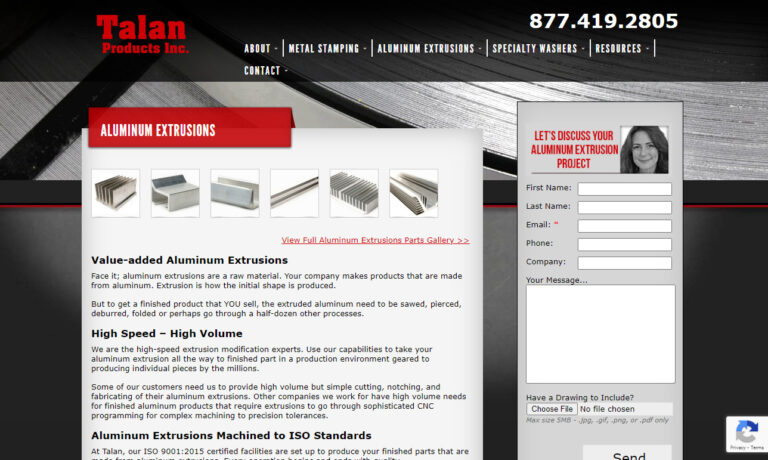
Since 1948, Johnson Brothers has been a leader in the aluminum roll forming industry. Our tooling can form different shapes with multiple bends & double thicknesses making a stronger part. Choose your type of outside edge, including hemmed designs. Our manufacturing procedure can take your part from concept to achievement. Please contact us today with any questions.
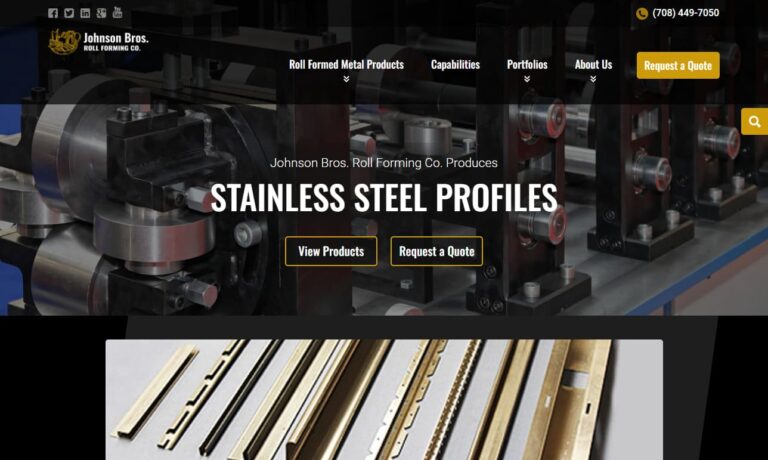
Quality Stamping & Tube Corp has been a leader in the aluminum extrusions and metal stamping industries for over 40 years. We attribute our success to our in-house die-making capabilities and wide range of extruded parts. All of our products are manufactured with quick turnaround and made to be high quality and durable. Our aluminum extrusions follow guidelines of up to 6 inches in diameter and...
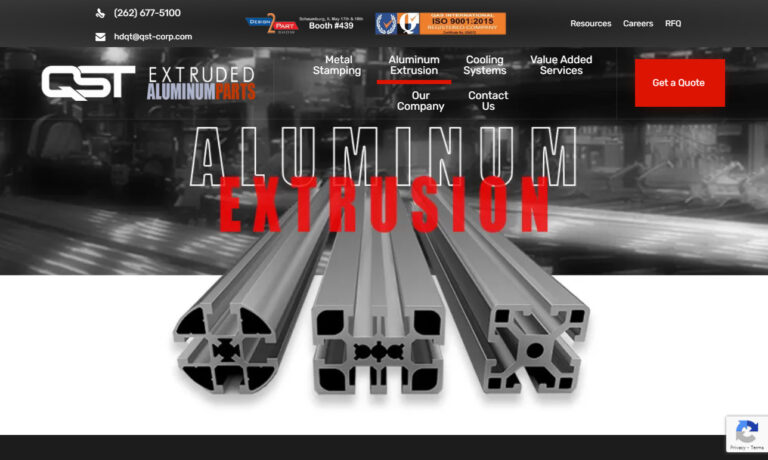
Since 1986, GSH Industries has offered on time delivery and competitive pricing. With over 40,000 square feet of manufacturing, we offer aluminum extrusion products and services.
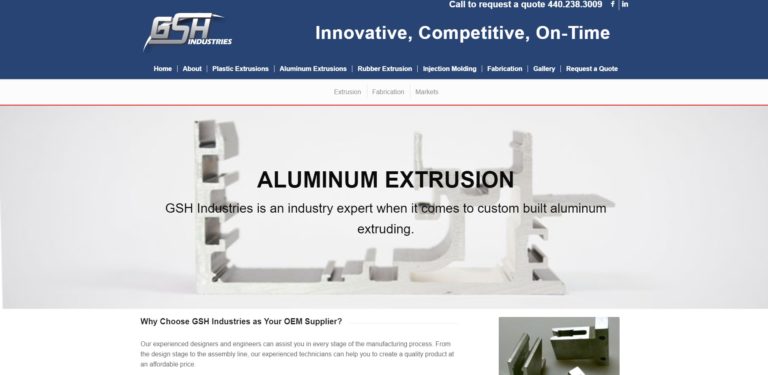
Dajcor Aluminum is the leading North American supplier of extruded, fabricated/machined, anodized and assembled components to the automotive, renewable energy, transportation, rail, marine, building trades, military, medical architectural and wall partition systems, office furniture, emergency vehicle and consumer product industries. Dajcor is an aluminum extrusion company with complete value add ...
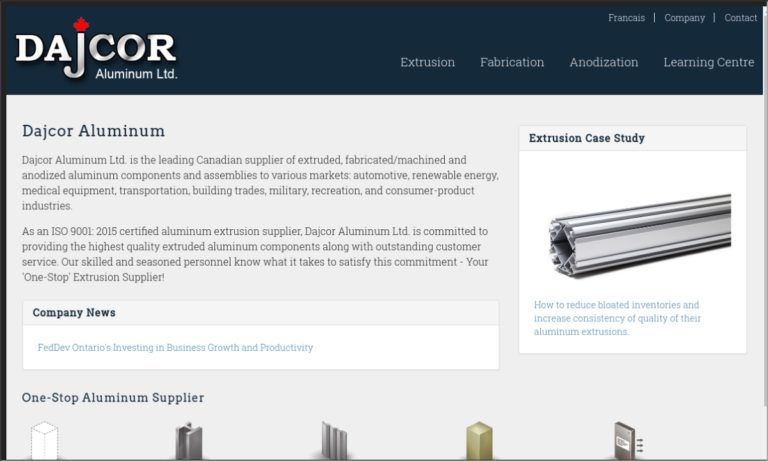
More Aluminum Channel Manufacturers
Types of Aluminum Channels
There are various types of aluminum channels used in different applications, including U-channel, C-channel, and Hat-channel. U-channels are shaped like a U and have a flat back and two equal legs. These channels are typically used in structural applications, such as in construction and engineering. C-channels, on the other hand, are shaped like a C and have a flat back and one longer leg than the other. They are typically used in applications that require a lightweight and rigid support structure, such as in the transportation and automotive industries. Hat-channels have a shape that resembles a hat and are used in applications that require a higher strength-to-weight ratio, such as in manufacturing and production equipment.
Processes Used in Creating Aluminum Channels
There are various processes used in creating aluminum channels, including extrusion, roll forming, press braking, and CNC machining. Extrusion is the most common process used to create aluminum channels. It involves forcing a heated aluminum billet through a die to form the desired shapes. Roll forming involves passing an aluminum sheet through a series of rollers to shape the material. Press braking involves using a press brake to bend aluminum sheets into the desired shape. CNC machining involves cutting and shaping aluminum channels using computer-controlled tools.
The selection of the manufacturing process for creating aluminum channels depends on the specific requirements of the application. For example, if the design requires a complex or intricate shape, extrusion or CNC machining might be the best process. If the application requires a high-volume production of identical channels, roll forming may be the most efficient process. Similarly, if the application requires custom or non-standard shapes, press braking might be the most suitable process. Each manufacturing process has its advantages and limitations, and the selection of the process should be based on a careful evaluation of the design requirements, material properties, production volume, lead times, and cost considerations.
Variations in Aluminum Channels
Aluminum channels come in different sizes, shapes, finishes, alloys, and tempers. The size and shape of the channel depend on the specific application requirements. The finish of the aluminum channel can be anodized, painted, or powder-coated to provide protection against corrosion and other environmental factors. The alloys and tempers of the aluminum used in creating channels also affect their properties, such as strength, durability, and corrosion resistance.
Considerations Regarding Aluminum Channels
One consideration to take into account associated with the creation of aluminum channels is the environmental impact of aluminum production. Aluminum production involves significant energy consumption and the emission of greenhouse gasses. Another consideration is the limited availability of raw materials. Additionally, the cost of producing aluminum channels can be relatively high compared to other materials. Finally, maintenance considerations may be necessary to ensure the durability and longevity of aluminum channels.
Benefits of Aluminum Channels
Despite the negative considerations, there are numerous benefits of using aluminum channels. Aluminum channels have a high strength-to-weight ratio, which makes them ideal for use in lightweight and high-strength applications. Aluminum is also resistant to corrosion, making it ideal for use in harsh environments. Aluminum channels have good thermal and electrical conductivity, making them suitable for use in electrical conduit and cable management applications. Additionally, aluminum channels are versatile and easy to fabricate, allowing them to be used in a wide range of applications. Finally, aluminum is a recyclable material, making it an environmentally friendly choice.
Applications of Aluminum Channels
As a result of these benefits, aluminum channels are used in a wide range of applications, including structural components in construction, support structures in transportation and automotive industries, electrical conduit and cable management, display and signage, and industrial manufacturing and production equipment. In construction, aluminum channels are used to create framing, ceiling and wall supports, and other structural components. In the transportation and automotive industries, aluminum channels are used to create support structures for engines, chassis, and other components. In electrical conduit and cable management, aluminum channels are used to protect and manage electrical wires and cables. In display and signage, aluminum channels are used to create sign frames and display stands. In industrial manufacturing and production equipment, aluminum channels are used to create machine frames, conveyor systems, and other support structures.
Choosing the Correct Aluminum Channel Manufacturer
To ensure you have the most productive outcome when purchasing aluminum channels from an aluminum channel manufacturer, it is important to compare several companies using our directory of aluminum channel manufacturers. Each aluminum channel manufacturer has a business profile page highlighting their areas of experience and capabilities, along with a contact form to directly communicate with the manufacturer for more information or to request a quote, Review each aluminum channel business website using our proprietary website previewer to quickly learn what each company specializes in. Then, use our simple RFQ form to contact multiple aluminum channel companies with the same form.

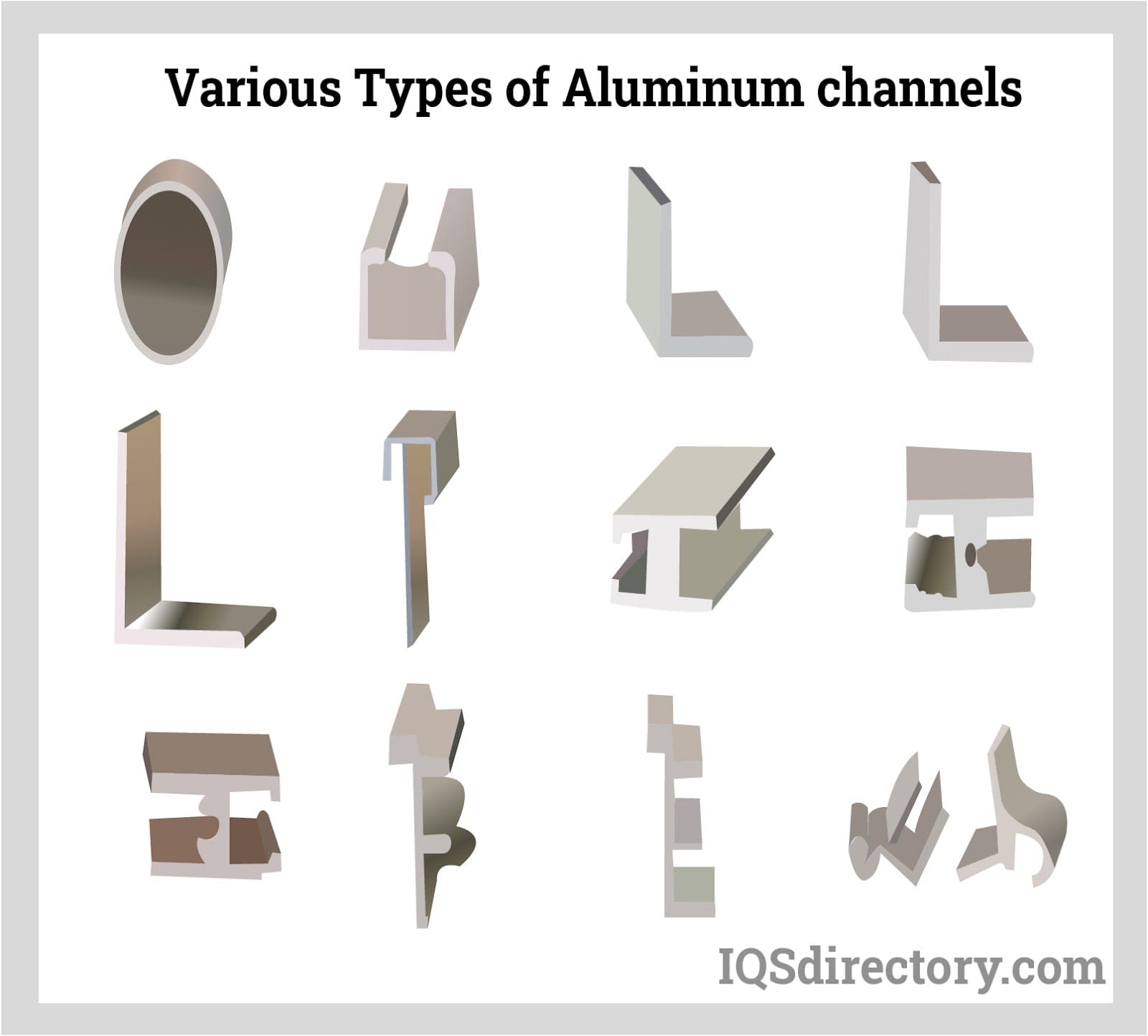
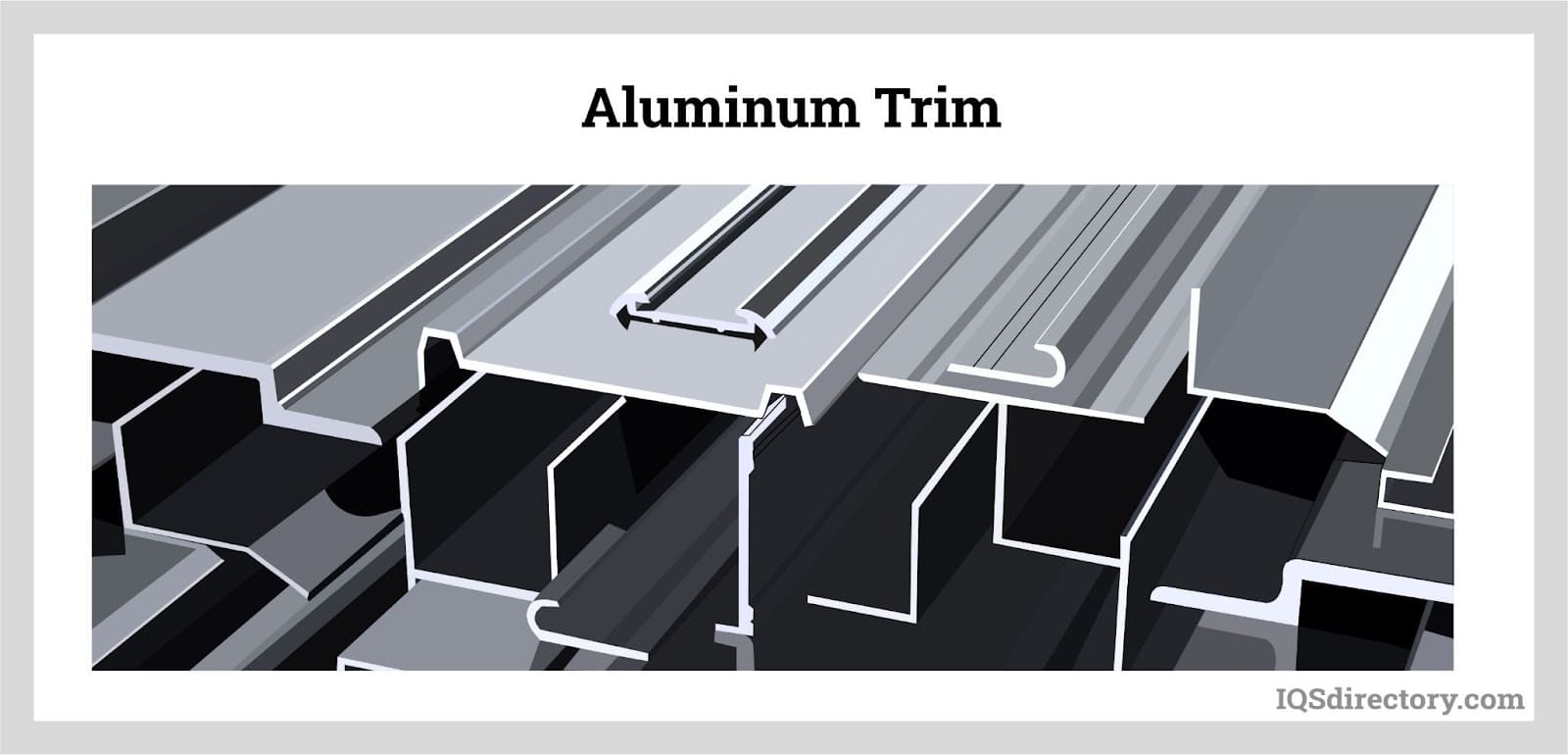
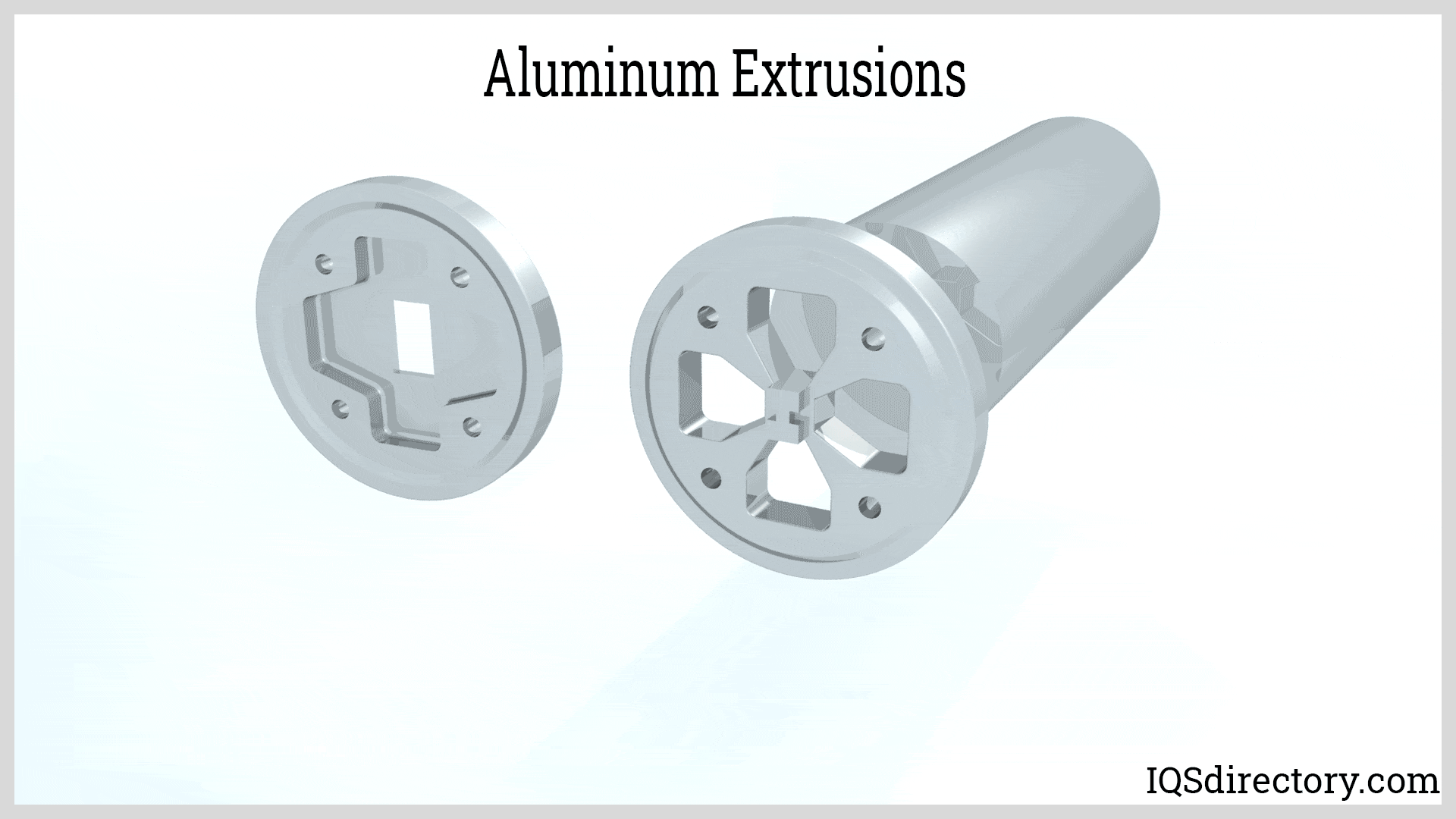
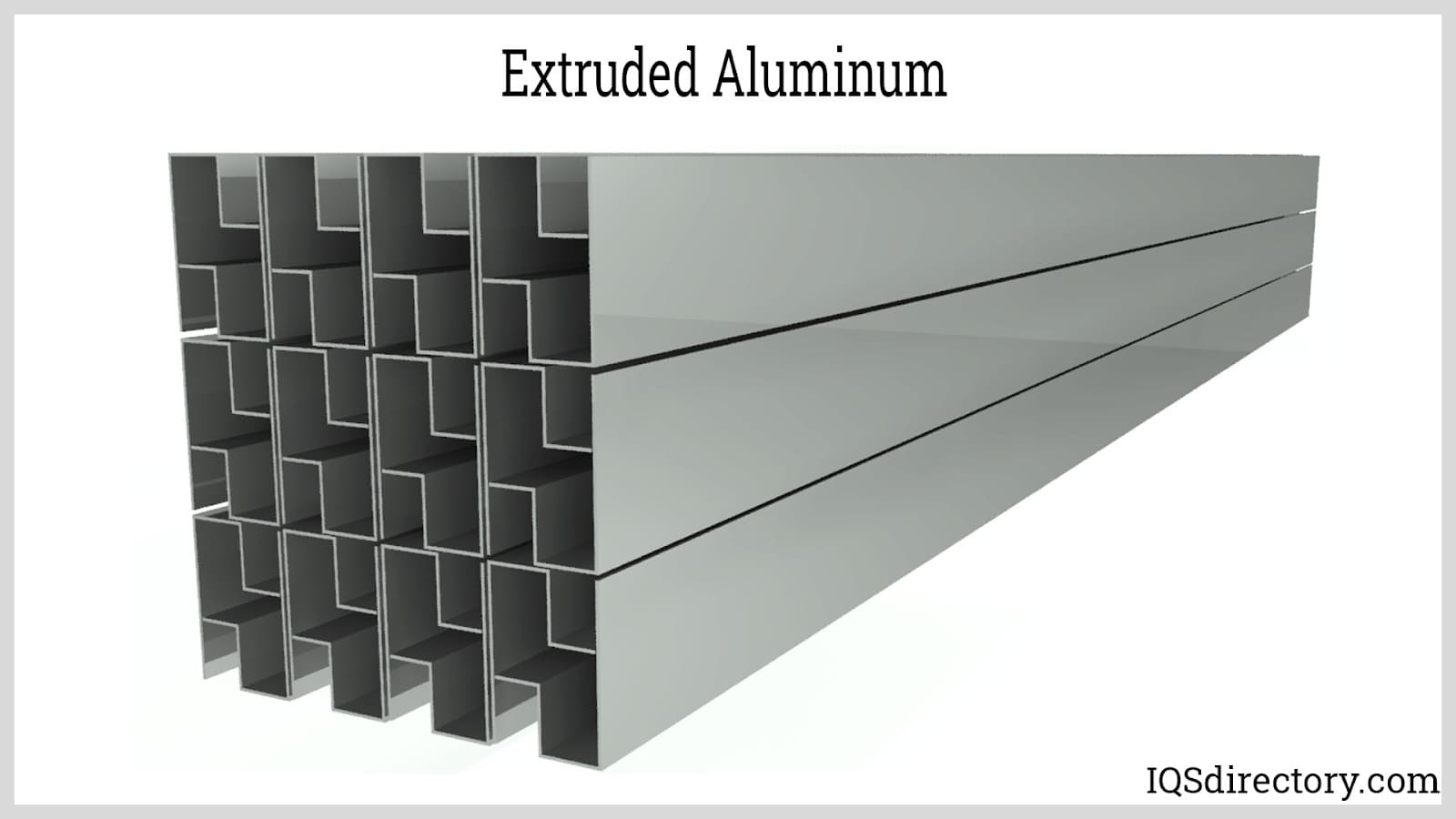
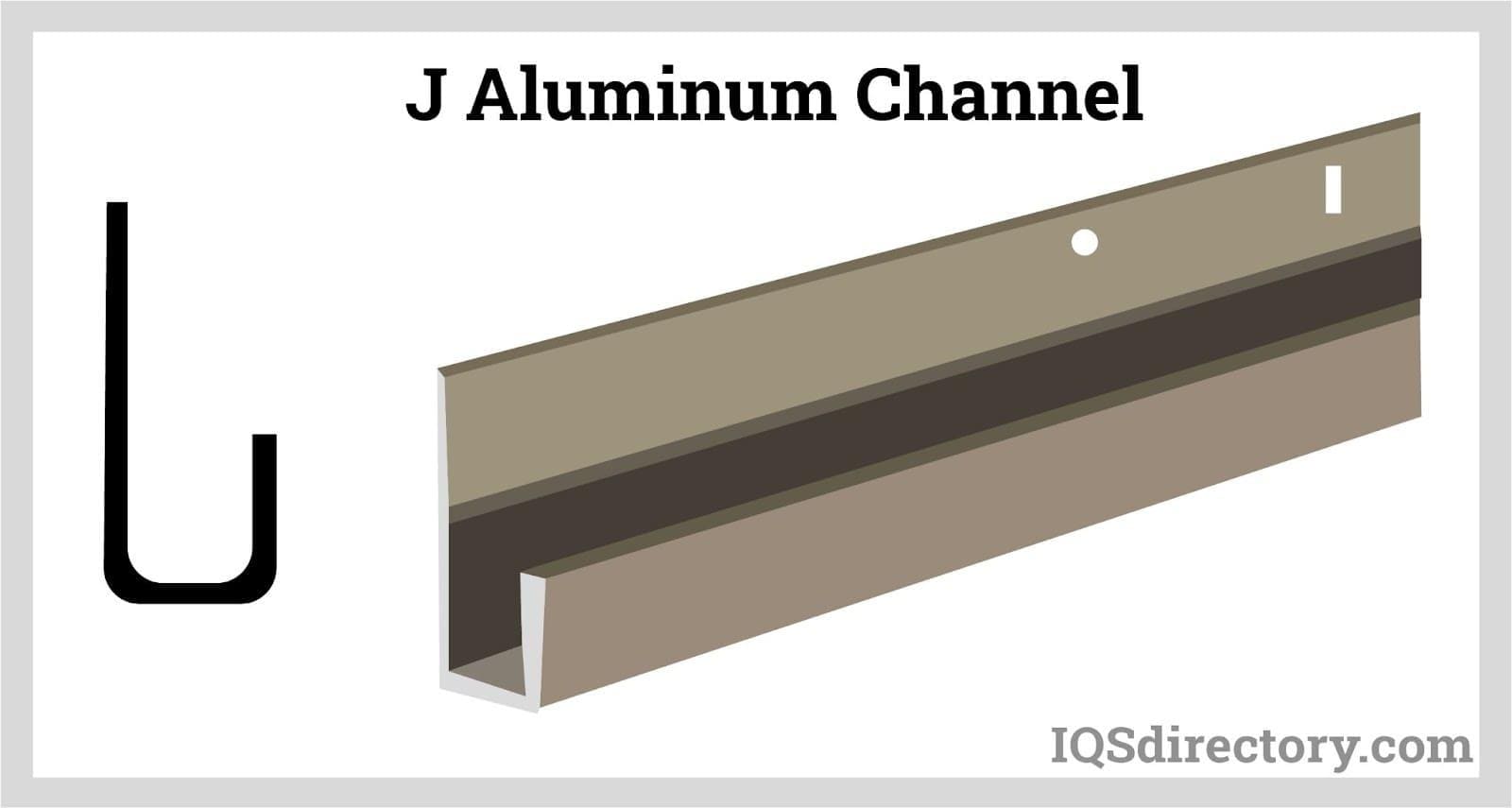

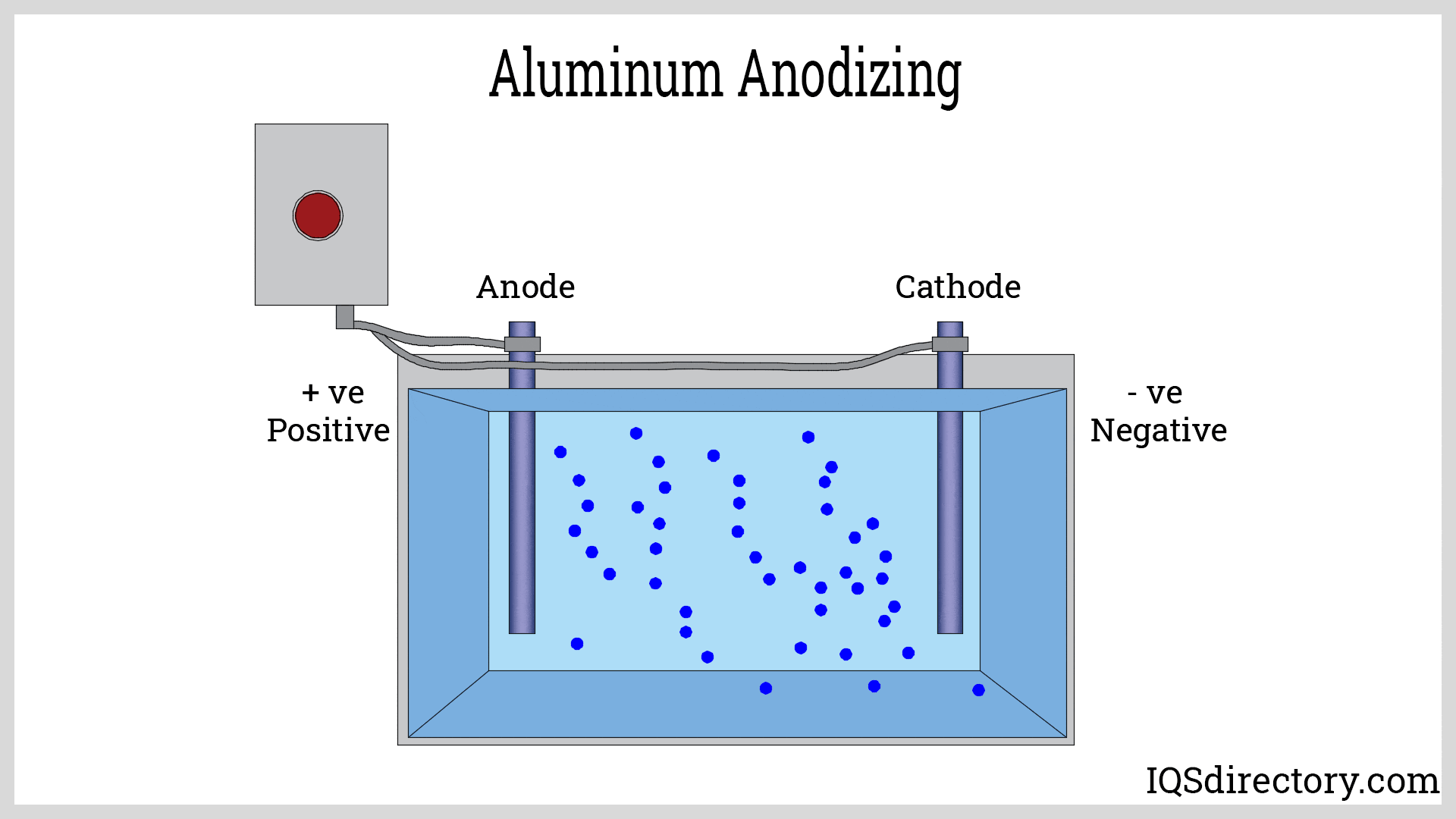
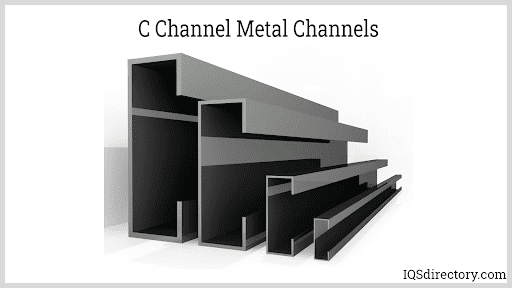
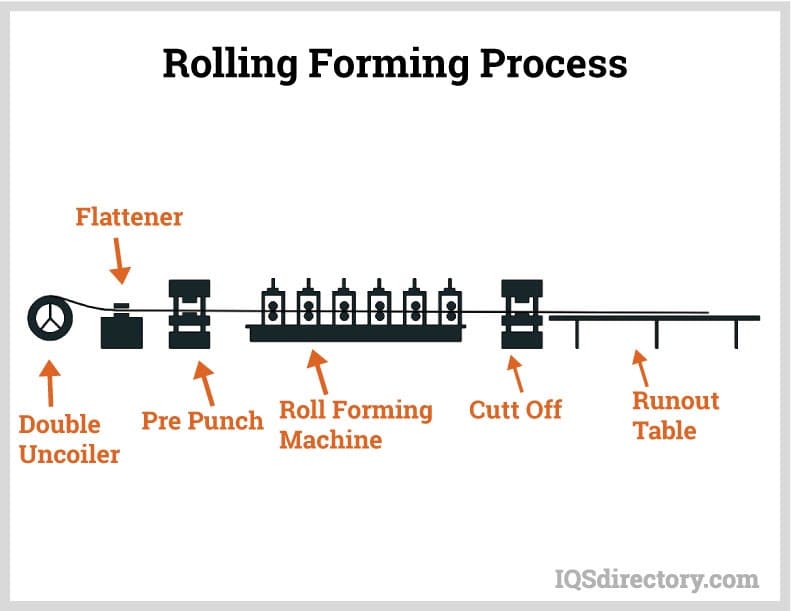
 Alloy Suppliers
Alloy Suppliers Aluminum
Aluminum Aluminum Extrusions
Aluminum Extrusions Copper-Brass-Bronze
Copper-Brass-Bronze Nickel
Nickel Magnets
Magnets Stainless Steel
Stainless Steel Stainless Steel Tubing
Stainless Steel Tubing Steel Service Centers
Steel Service Centers Titanium
Titanium Tungsten
Tungsten Wire Rope
Wire Rope Castings & Forgings
Castings & Forgings Bulk Material Handling
Bulk Material Handling Electrical & Electronic Components
Electrical & Electronic Components Flow Instrumentation
Flow Instrumentation Hardware
Hardware Material Handling Equipment
Material Handling Equipment Metal Cutting Services
Metal Cutting Services Metal Forming Services
Metal Forming Services Metal Suppliers
Metal Suppliers Motion Control Products
Motion Control Products Plant & Facility Equipment
Plant & Facility Equipment Plant & Facility Supplies
Plant & Facility Supplies Plastic Molding Processes
Plastic Molding Processes Pumps & Valves
Pumps & Valves Recycling Equipment
Recycling Equipment Rubber Products & Services
Rubber Products & Services